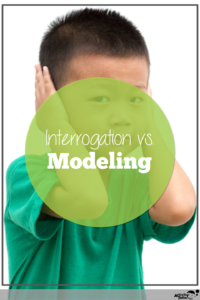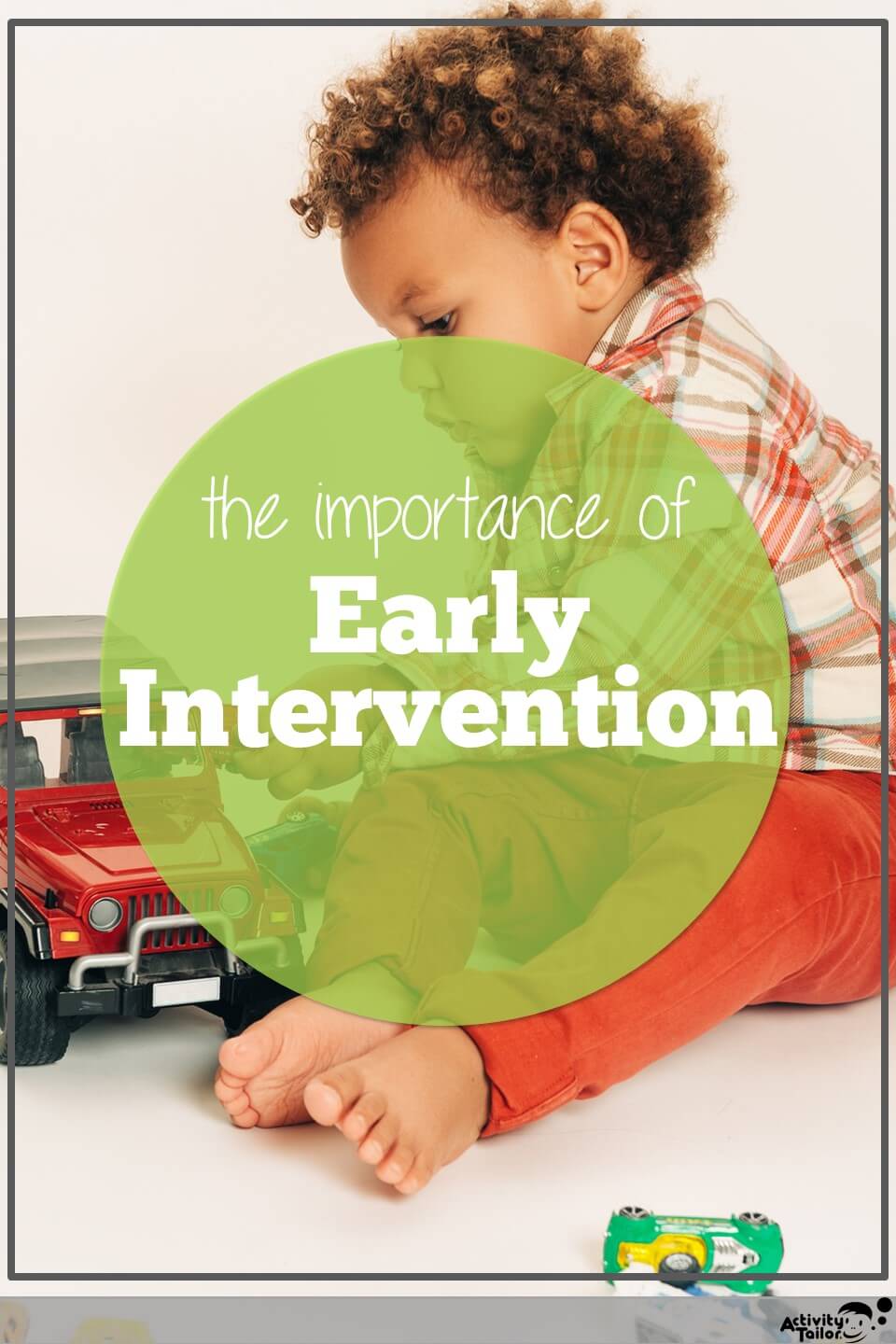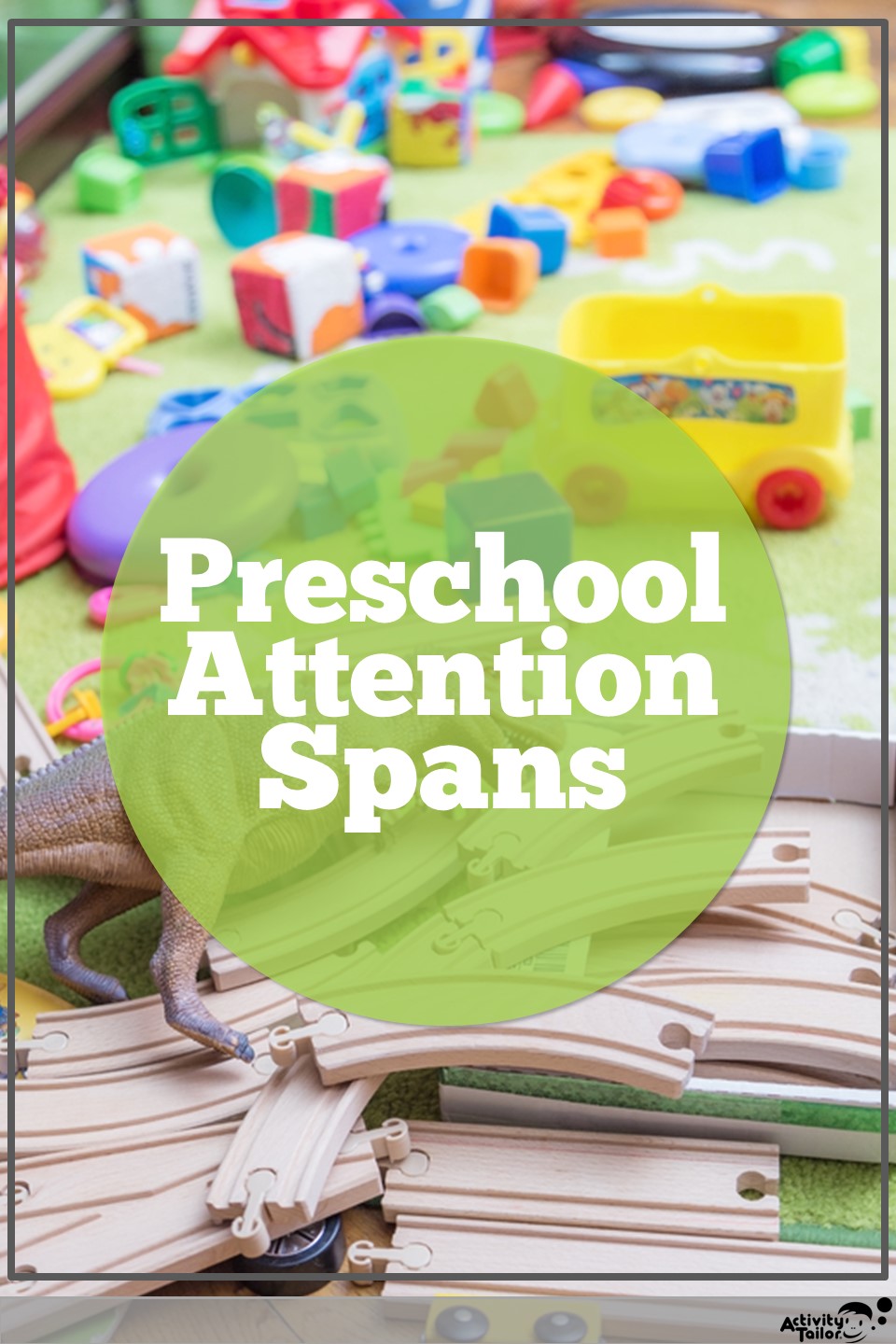Fellow SLP, Are You Interrogating or Modeling?
It’s a stereotype of movies and books, the mom who won’t stop interrogating their kids with questions. And it’s clear to anyone watching that the incessant interrogation is pushing the kids away whether they’re 10, 20 or 30 years old.
And yet…
SLPs do the same thing to the little ones in our therapy sessions.
Where? Who? What? Why? When?
You feel the pressure of targeting all of the child’s goals and gathering sufficient data, so you inundate them with questions and never truly model the targeted skills.
Say…
Show me…
Do…
The children receive an endless stream of directives because, again, there are goals to hit and data to be taken.
When you educate parents you ask them to model and expand. Then, you find yourself having a hard time following your own advice in your therapy sessions–whether it’s intentional or not!
Modeling during sessions
Instead of interrogating students with questions throughout the session, ensure you are modeling targeted skills frequently throughout speech therapy sessions.
If you ask the occasional question, don’t fret; just start modeling again!
Model in play
Provide scripts while playing with little ones that they will attempt to imitate on their own. They’re even more likely to imitate when you are enthusiastic and appear to be having fun!
Work on questions by asking and answering the question yourself.
Imitation is how one learns language. The natural context makes it much more likely that our little ones will begin to use it in their own play and in wider contexts. Keep in mind that your students may need a lot more repetitions than typically developing children; not necessarily more repetitions themselves but multiple opportunities to hear it modeled for them.
Give direct feedback
As children get older they often need more specific feedback on their attempts, especially when it comes to articulation therapy. This feedback includes modeling speed, tongue position, and giving visual/verbal cues. Honest phrases such as “that’s not quite it” and “not yet” are extremely helpful too as they learn to take ownership of their skills.
Direct feedback goes much further than a simple drill filled with interrogation.
Taking Data
Data is necessary to monitor progress, but you don’t need to “evaluate” with questions during each session.
This is a hard shift for some SLPs, but you CAN make this change! Track correct imitations and do occasional informal assessments to meet data collection needs.
Teaching needs modeling!
Have you just realized you lead speech therapy sessions this way? Are you now feeling stuck and unsure how to change your ways? Do you want more specific ideas for modeling during therapy?
Check out the Early Language Masterclass to boost your confidence in working with children aged 12 mos. to 3.5 years with mild to moderate language delays. With this webinar, you’ll leave with specific therapy ideas, parent handouts and resources, and data collection forms.
Looking for ways to educate parents on these techniques? Check out Parent Handouts for Early Language.








This Post Has One Comment
Interrogation as a SLP is important as they needs to acquire answers to various questions. Who, why, where, how are important as an SLP but being a parent you have to avoid these interrogations as they can make your child more irritable. If your child is making efforts and trying to speak out words don’t scold him or interrupts him during their speech. Thanks for sharing these ideas with us.
Comments are closed.